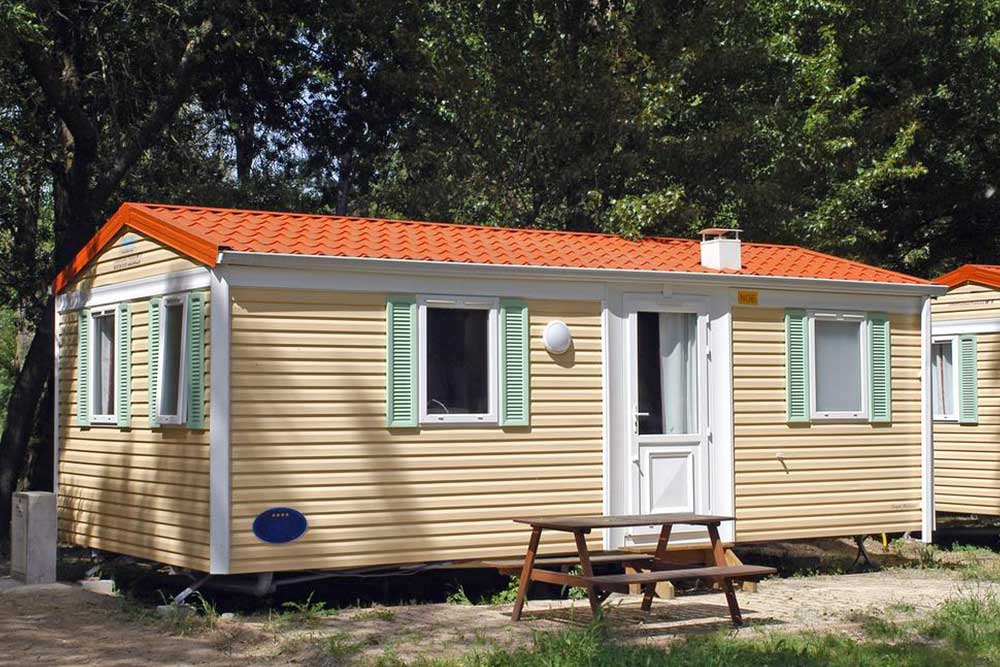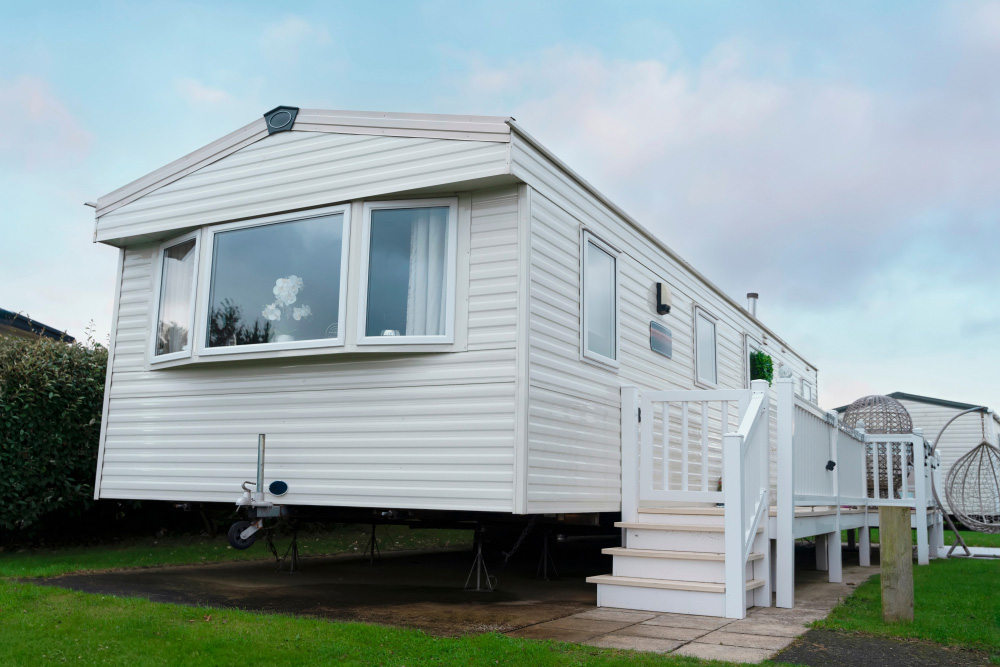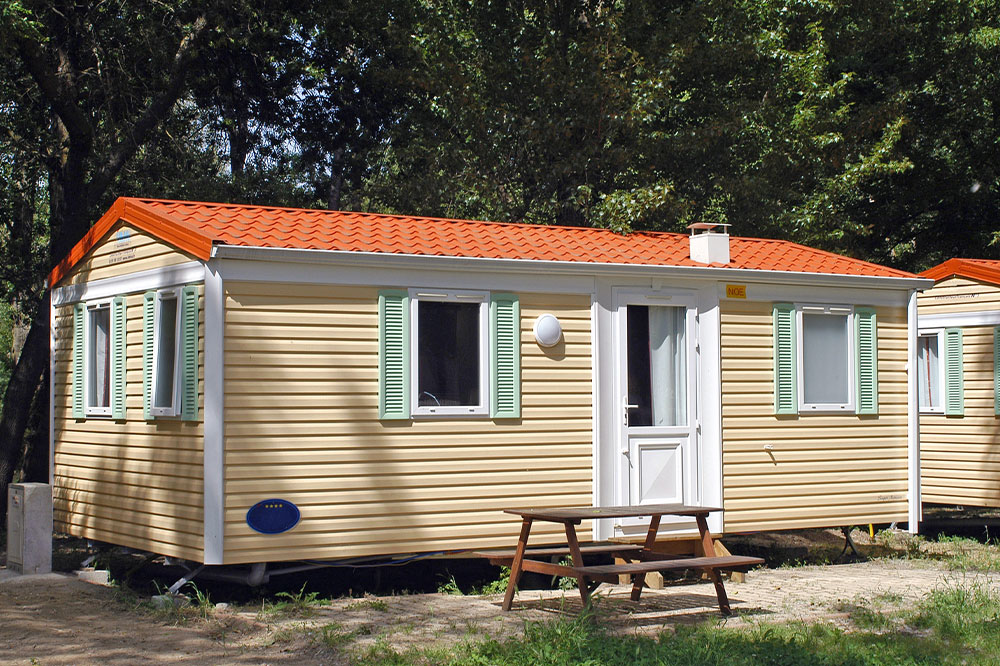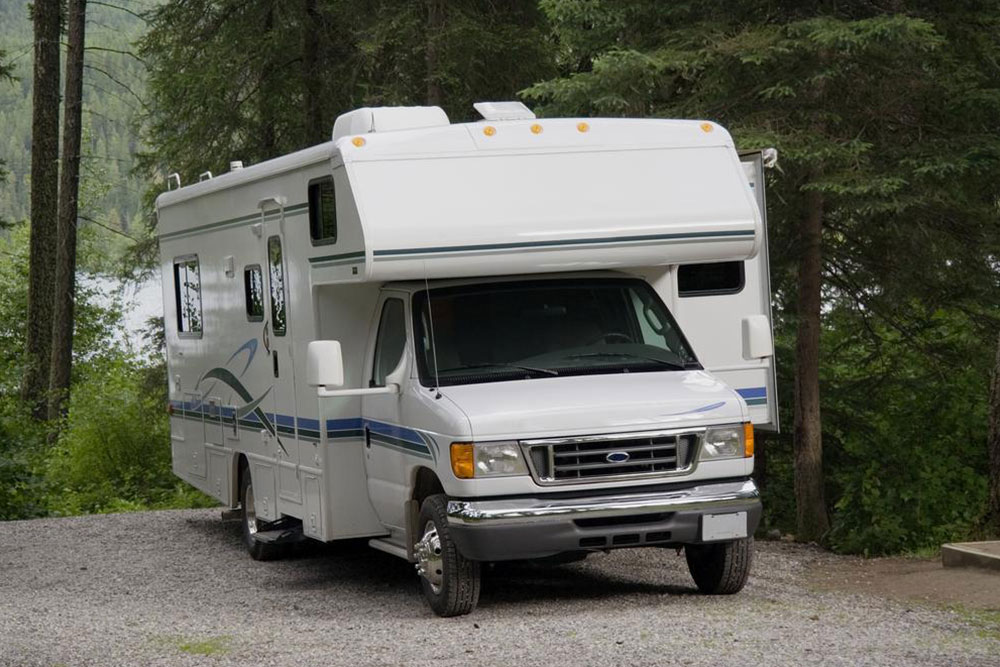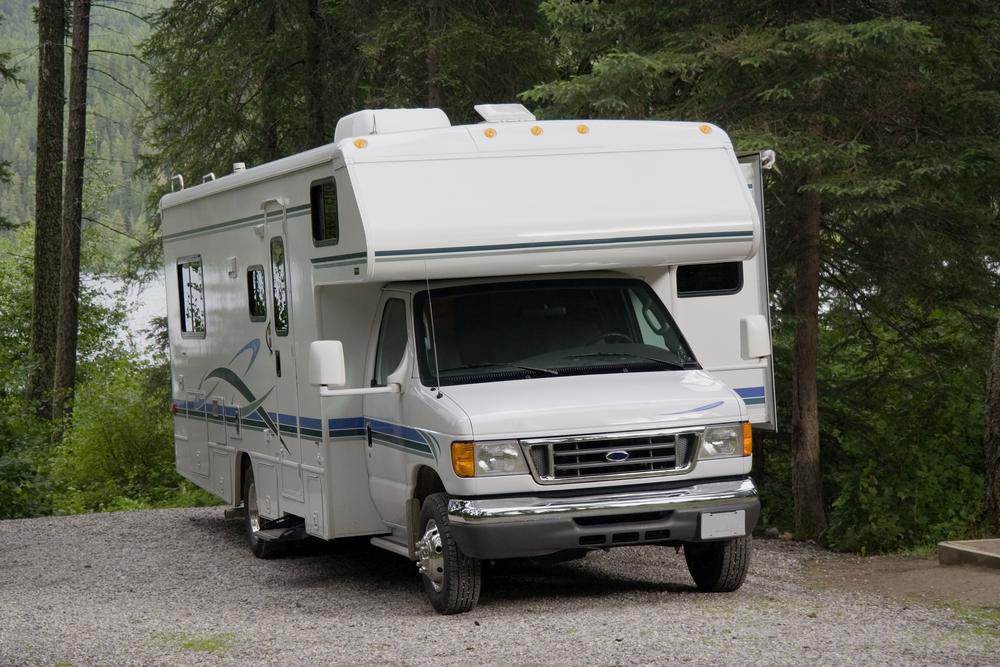The Ultimate Guide to Recreational Vehicles and Mobile Homes: Everything You Need to Know
Explore the comprehensive guide to recreational vehicles and mobile homes, covering types, legal classifications, insurance needs, and tips for choosing the right community. Perfect for those seeking flexible living or travel solutions, this article provides valuable insights for new and experienced owners alike.
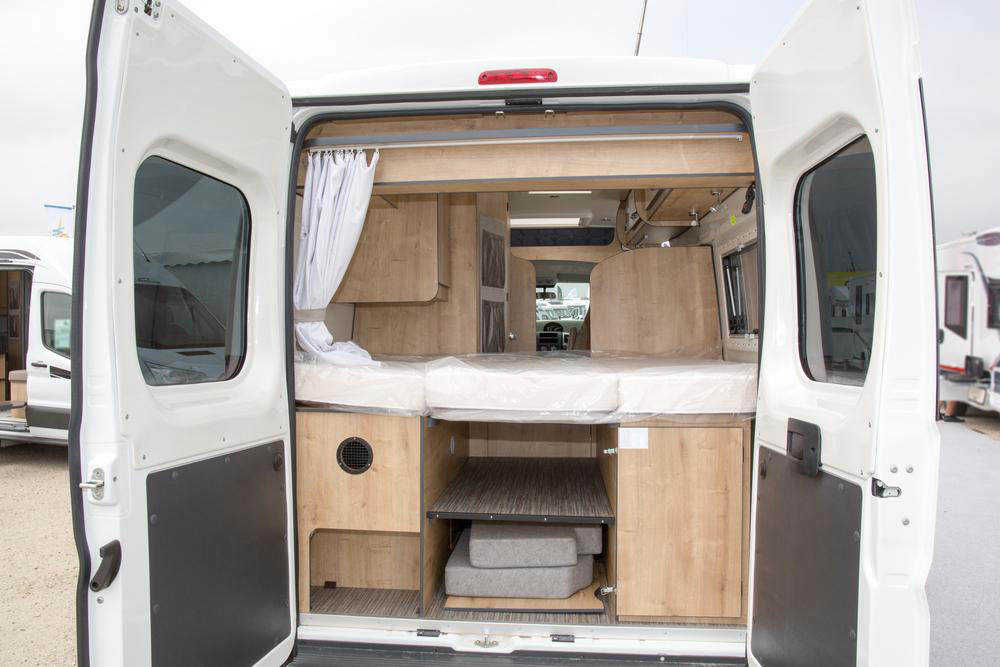
The Ultimate Guide to Recreational Vehicles and Mobile Homes: Everything You Need to Know
Recreational vehicles (RVs) and mobile homes have become increasingly popular options for those seeking flexible living arrangements, extended travel experiences, or affordable housing solutions. As lifestyles change and mobility becomes a priority, understanding the different types of mobile dwellings, their features, legal classifications, and insurance considerations is essential. This comprehensive guide delves into everything you need to know about recreational vehicles and mobile homes, providing valuable insights for prospective owners, renters, and enthusiasts alike.
Insurers like Farmers Insurance acknowledge that mobile home and RV owners often have unique coverage needs that differ from traditional homeowners. Tailored insurance policies help protect these mobile dwellings against various risks, ensuring peace of mind for their owners. These policies typically include coverage options such as protection against sudden, accidental, and direct damages, liability coverage in case of accidents, and customizable plans to suit individual needs.
What Are Recreational Vehicles?
Recreational vehicles are structures designed primarily for travel, leisure, and temporary accommodation, often resembling traditional homes but built with mobility in mind. Unlike permanent residences, RVs are constructed to be easily moved from one location to another, offering unparalleled flexibility for travelers and those seeking alternative living solutions.
Recreational vehicles encompass various types, including motorhomes, camper vans, travel trailers, and truck campers.
They are built on a chassis or with a dedicated vehicle frame, allowing for self-propulsion or easy towing.
RVs are not permanently fixed to land, enabling owners to relocate as desired.
Manufactured homes differ from caravans or tents and are often situated within designated residential parks that offer various amenities and community facilities.
Converted Vehicles: Myths and Facts
A converted vehicle initially built as a caravan or camper may undergo structural modifications that change its classification. When does a converted vehicle qualify as a mobile home or manufactured home? Generally, it is recognized as such if:
There exists a formal agreement with a residential park or site owner.
The owner voluntarily enters into a site agreement to use the converted vehicle as a permanent residence.
This classification affects insurance coverage, legal rights, and zoning considerations, making it critical for owners to understand the distinctions.
How to Identify and Own a Manufactured Home
Ownership of a manufactured home is governed by specific regulations and classifications. You are considered a manufactured home owner if:
The mobile dwelling serves as your principal residence.
You possess a formal site agreement, either as an individual or on behalf of an estate or trust.
Having a temporary tenant arrangement within the home, where permitted, also categorizes you as a manufactured home owner.
Understanding these criteria ensures compliance with local regulations and helps in securing suitable insurance policies.
Understanding Residential Parks and Their Significance
Residential parks, also known as mobile home parks or manufactured home communities, are designated land areas where owners can rent plots or sites to park their mobile homes or RVs. These parks provide a sense of community and convenience, with shared facilities that enhance residents' lifestyles.
Residential parks typically include amenities such as recreation centers, swimming pools, laundry facilities, and social gathering areas.
Some parks are mixed-use, accommodating a variety of dwelling types, including caravans, tents, and holiday cabins, catering to both long-term residents and short-term visitors.
Purpose-built parks often target specific demographics, notably residents aged over 50, offering a tranquil and community-oriented environment.
Choosing the right park is crucial. Prospective buyers and renters should evaluate the available amenities, management quality, proximity to services, and community atmosphere before making a decision.
Key Factors to Consider Before Buying or Renting a Mobile Home in a Park
Assess your lifestyle needs, including access to transportation, healthcare, recreational facilities, and social opportunities.
Investigate the park’s rules, fees, maintenance standards, and community guidelines to ensure they align with your expectations.
Ensure that the park offers essential services such as emergency access, waste disposal, and utilities.
Consider the long-term stability of the park, including ownership history and plans for future development.
Popular park types include:
Purpose-built communities focusing solely on manufactured homes for specific demographics.
Mixed-use parks that combine different types of accommodation, providing diversity and flexibility.
Communal living schemes that promote social engagement and shared amenities.
Overall, selecting the right mobile home and park can lead to a fulfilling, community-oriented lifestyle with the flexibility to move or settle as desired.
Whether you're considering purchasing a recreational vehicle for travel adventures or seeking a permanent home in a manufactured housing community, understanding the intricacies involved ensures informed decisions and optimal protection. Keep in mind that each type of dwelling features unique legal classifications, insurance requirements, and community dynamics. As with any significant investment, thorough research and consultation with industry experts are highly recommended.
